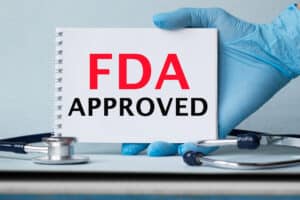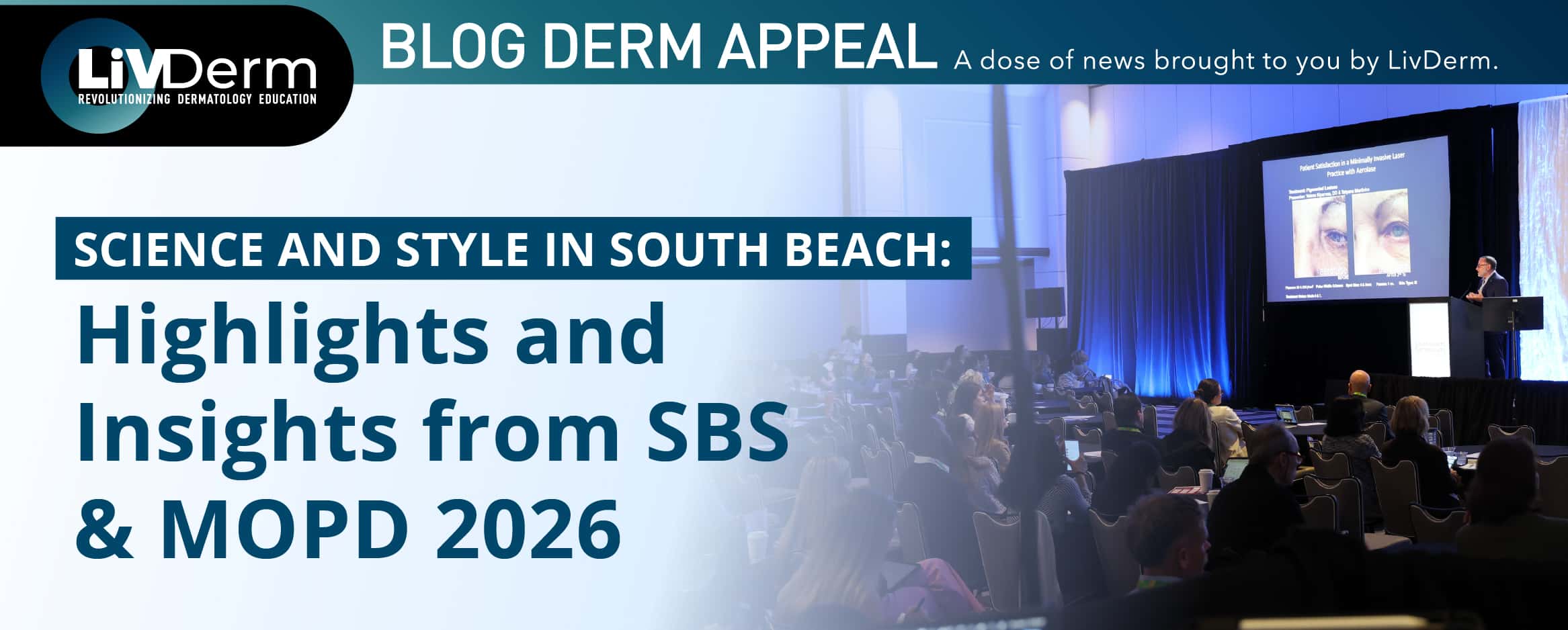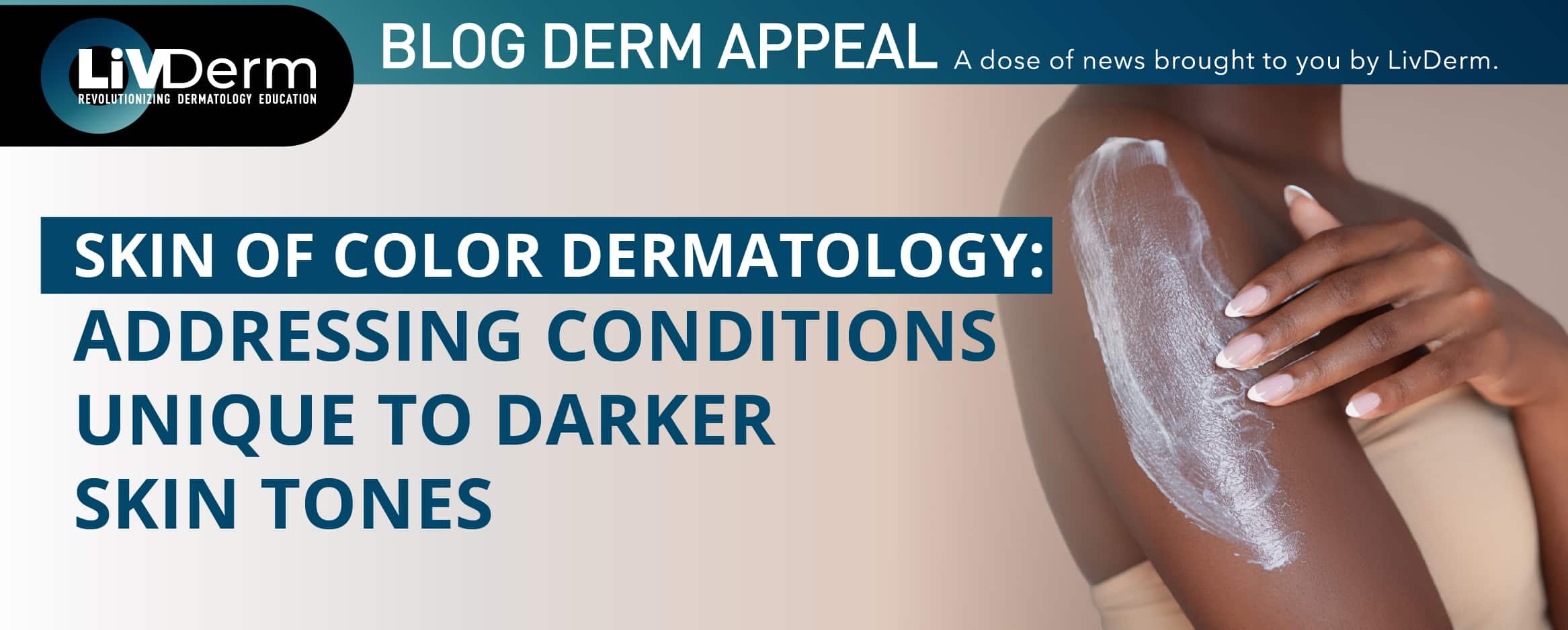The U.S. Food and Drug Administration (FDA) has approved ZEVASKYN™ (prademagene zamikeracel), marking a historic milestone as the first and only autologous cell-based gene therapy for the treatment of wounds in patients with recessive dystrophic epidermolysis bullosa (RDEB). This landmark approval, announced by Abeona Therapeutics Inc., introduces a groundbreaking treatment that addresses a critical unmet need for individuals living with RDEB.

A serious and debilitating genetic skin disease, RDEB is characterized by extremely fragile skin prone to blistering and chronic, non-healing wounds that can cover up to 80% of the body. These wounds often cause debilitating pain, remain open for years, and can lead to systemic complications that severely impact quality of life.
There is currently no cure for RDEB, and ZEVASKYN is now the only FDA-approved product to treat RDEB wounds with a single application.
How ZEVASKYN Works
ZEVASKYN uses a patient’s own skin cells (keratinocytes) that have been genetically modified to produce functional Type VII collagen, which is deficient in patients with RDEB due to mutations in the COL7A1 gene. These modified cells are grown into thin sheets that are surgically applied to wound areas in a single procedure. Up to 12 credit card–sized sheets can be joined together per treatment, offering significant surface area coverage.
“Today’s approval of ZEVASKYN represents a pivotal moment in the treatment of RDEB, answering the call of people living with the clinical, economic, and human impact of this devastating disease,” said Vish Seshadri, Ph.D., M.B.A., Chief Executive Officer of Abeona.
Research and Clinical Data
The FDA approval of ZEVASKYN was based on the Phase 3 VIITAL™ study, a multi-center, randomized, intrapatient-controlled trial that demonstrated significant results.
The study revealed that, across 43 large and chronic wounds treated with a single application of ZEVASKYN, 81% achieved 50% or more wound healing at six months, compared to only 16% in 43 matched control wounds treated with standard of care.
Additionally, patients experienced meaningful pain reduction, assessed by the Wong-Baker FACES scale, at six months post-treatment.
The therapy was well tolerated, with no treatment-related serious adverse events reported.
Remarkably, long-term data from a Phase 1/2a study showed that a single application of ZEVASKYN was associated with sustained improvement over a median follow-up of nearly 7 years.
“In the completed Phase 1/2a study of ZEVASKYN, we have observed wound healing and pain reduction that have lasted for years after a single application. Today we can celebrate the availability of an exciting new therapeutic option made possible by the incredible courage of patients and families who participated in these clinical studies.” noted Dr. Jean Tang, professor of dermatology and lead principal investigator of the VIITAL™ study.
Availability and Patient Support
ZEVASKYN is expected to be available beginning in the third quarter of 2025 through specialized Qualified Treatment Centers (QTCs). Abeona has established a comprehensive patient support program, Abeona Assist™, which offers personalized support including help with insurance benefits, financial assistance options, and travel logistics for eligible patients.
“The FDA approval of ZEVASKYN marks a monumental step forward for individuals living with RDEB and their families, offering a much-needed, long-lasting treatment option for this devastating condition and providing hope for improved quality of life for these patients.” – Anna L. Bruckner, MD, Co-Director of the EB Clinic at Children’s Hospital of Colorado and Professor of Dermatology, University of Colorado School of Medicine.
Source:
- U.S. FDA Approves ZEVASKYNTM (prademagene zamikeracel), the First and Only Cell-Based Gene Therapy for Patients with Recessive Dystrophic Epidermolysis Bullosa (RDEB). (n.d.). [Press release]. https://investors.abeonatherapeutics.com/press-releases/detail/303/u-s-fda-approves-zevaskyn-prademagene-zamikeracel
















